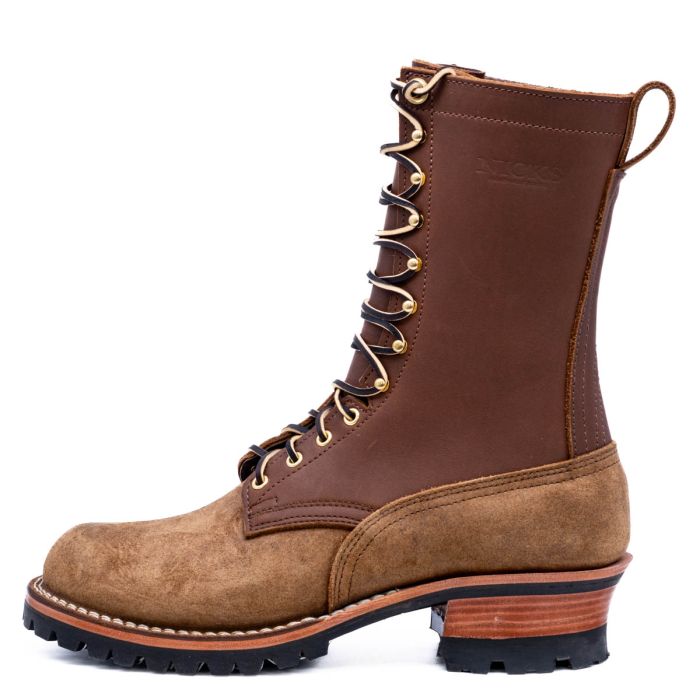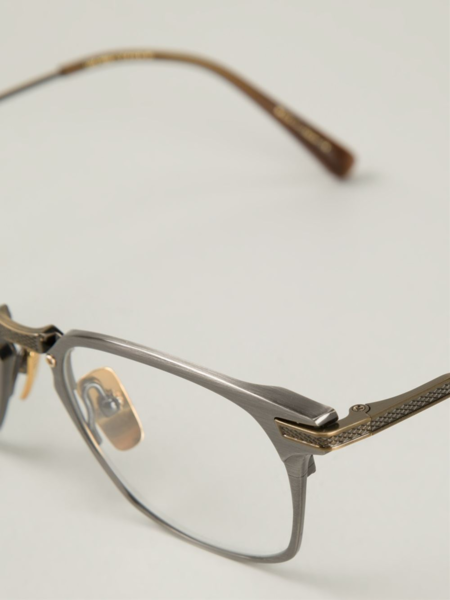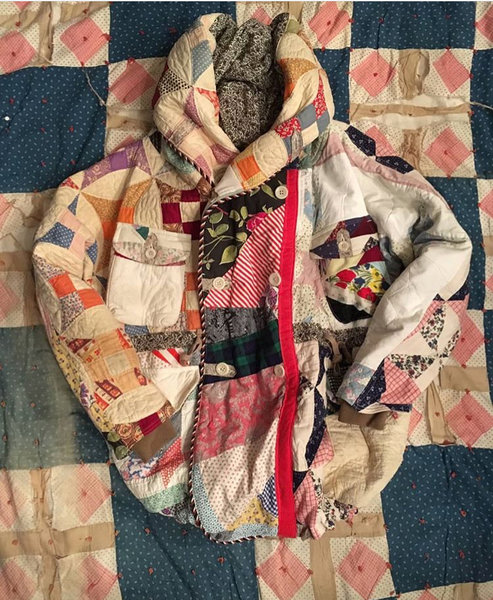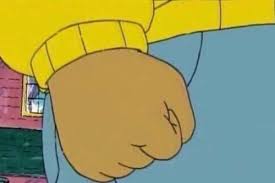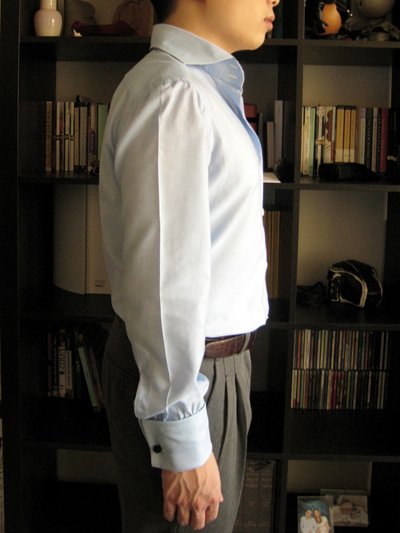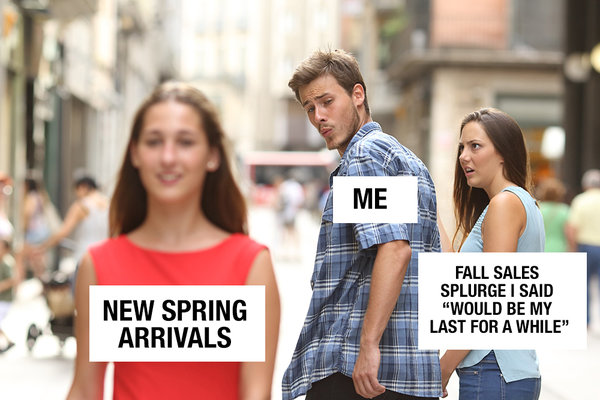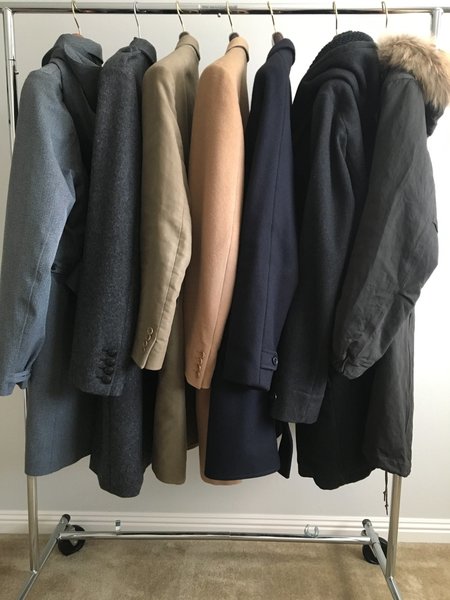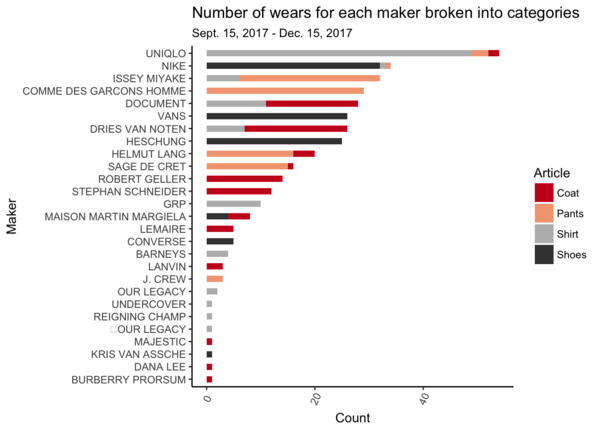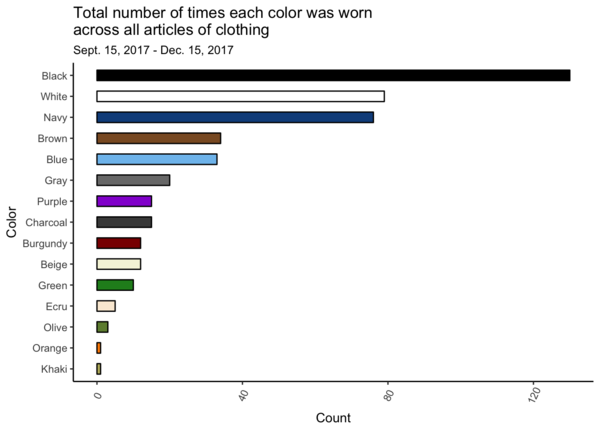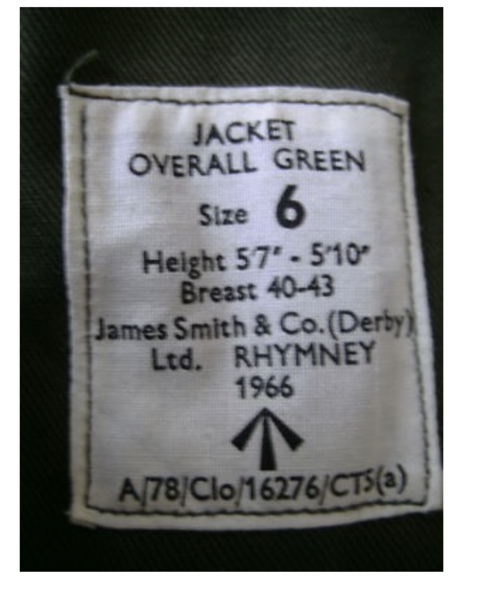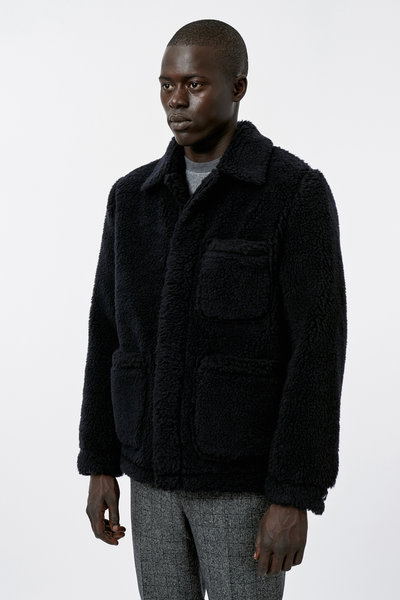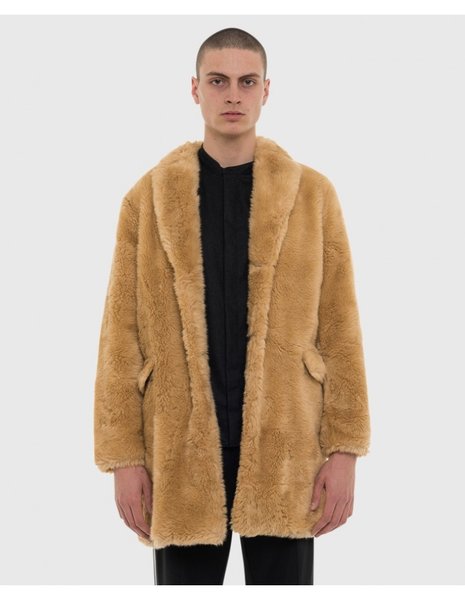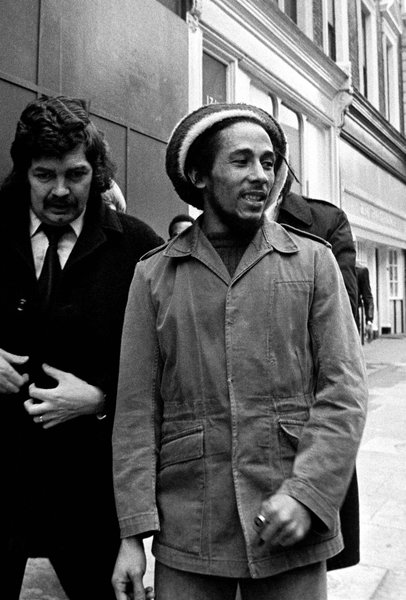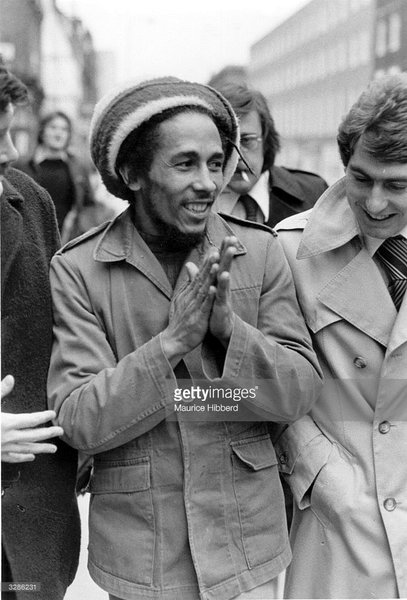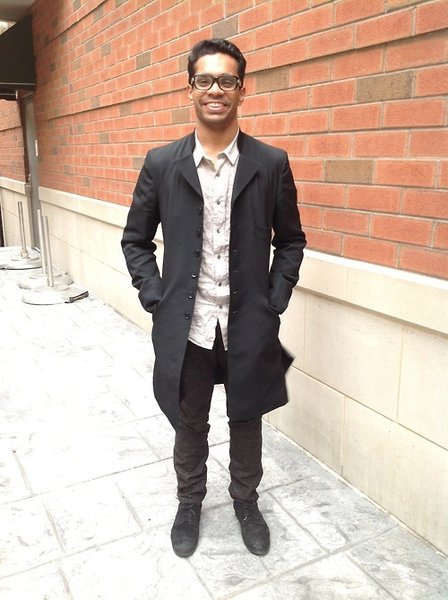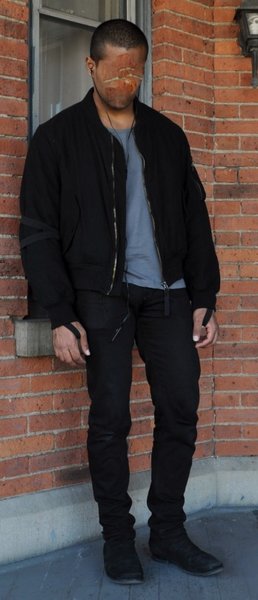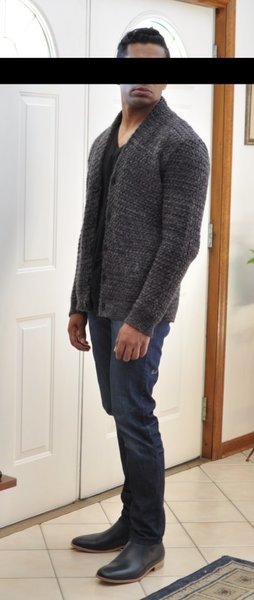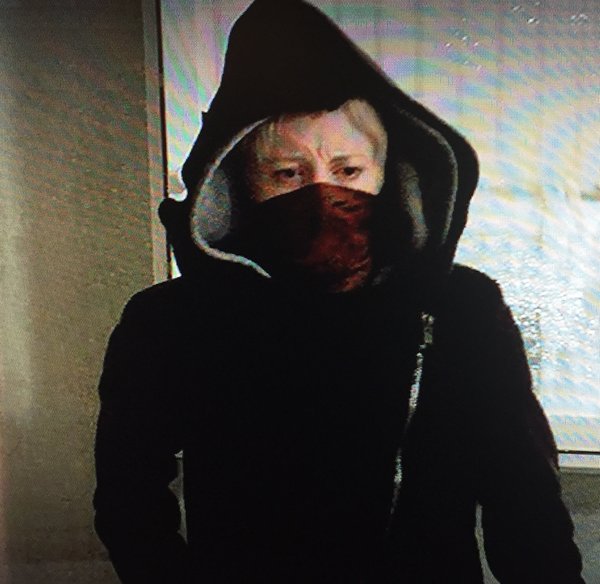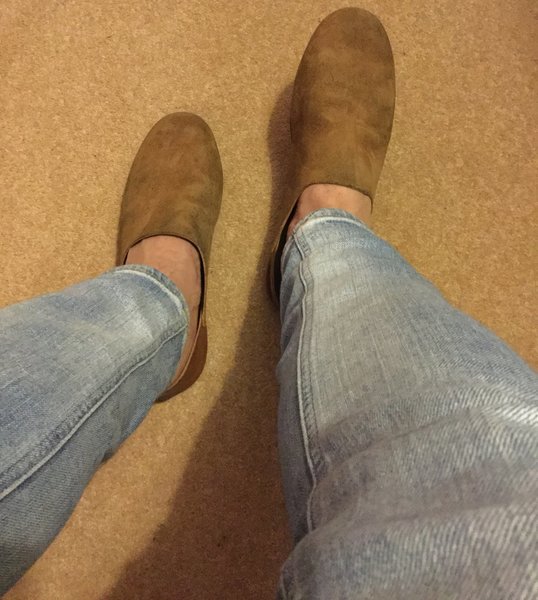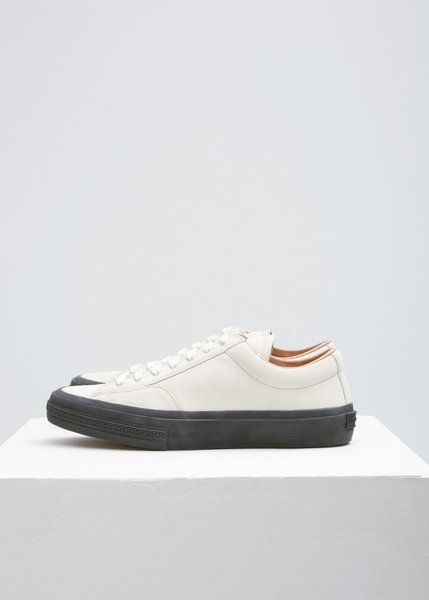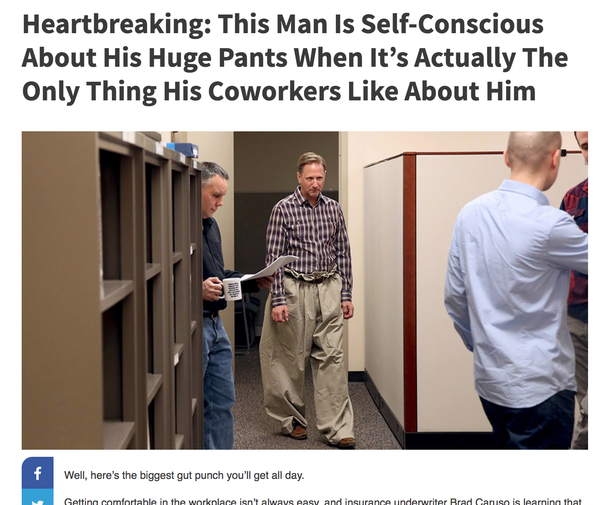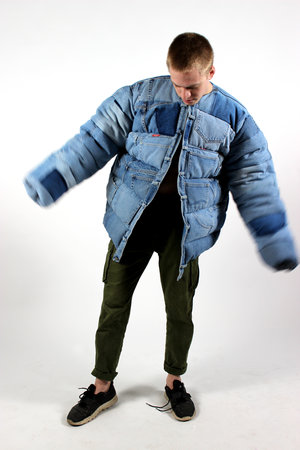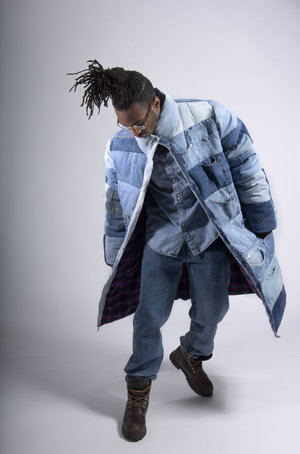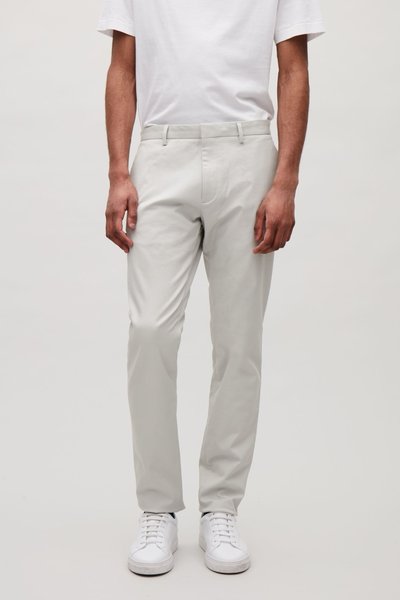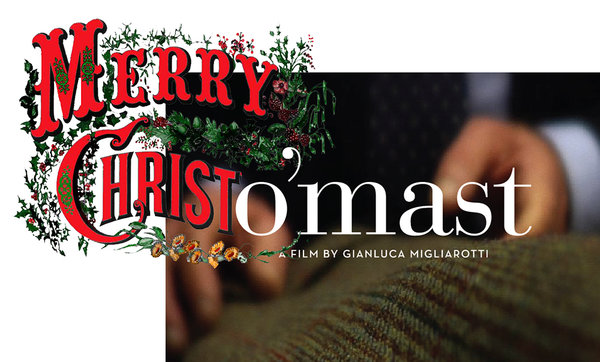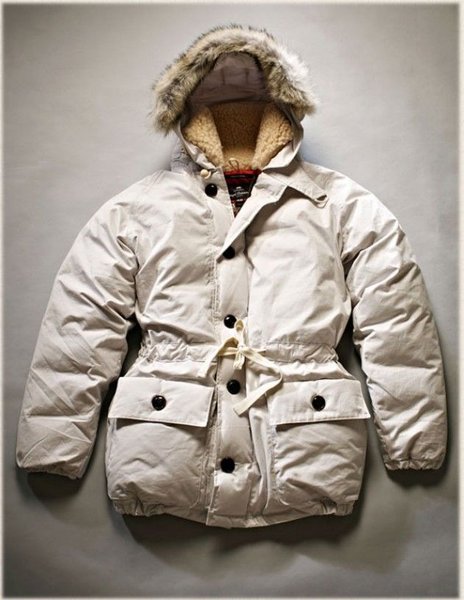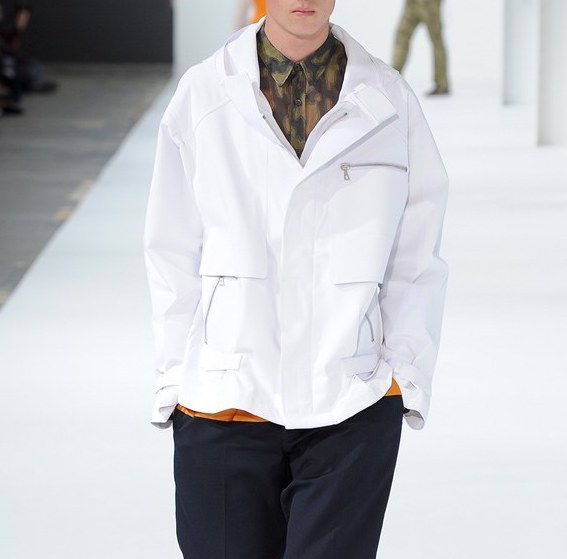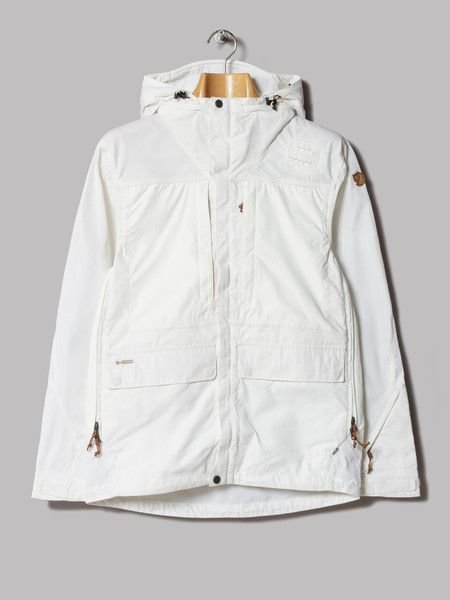Lorcan7
Distinguished Member
- Joined
- May 5, 2012
- Messages
- 1,260
- Reaction score
- 7,046
4est you could also look at vintage ranchcraft or maverick jeans as well as lee/ Levi's/wrangler.
I used to have some 80s Levi's orange tab boot cut jeans that were a nice mid blue.
Also read that William Kroll (the guy who does Tender Co) is doing another small brand called Whooper Jeans that's an ode to 70s wrangler, etc. made in Japan with light blue denim. Don't think it's released yet.
I used to have some 80s Levi's orange tab boot cut jeans that were a nice mid blue.
Also read that William Kroll (the guy who does Tender Co) is doing another small brand called Whooper Jeans that's an ode to 70s wrangler, etc. made in Japan with light blue denim. Don't think it's released yet.

